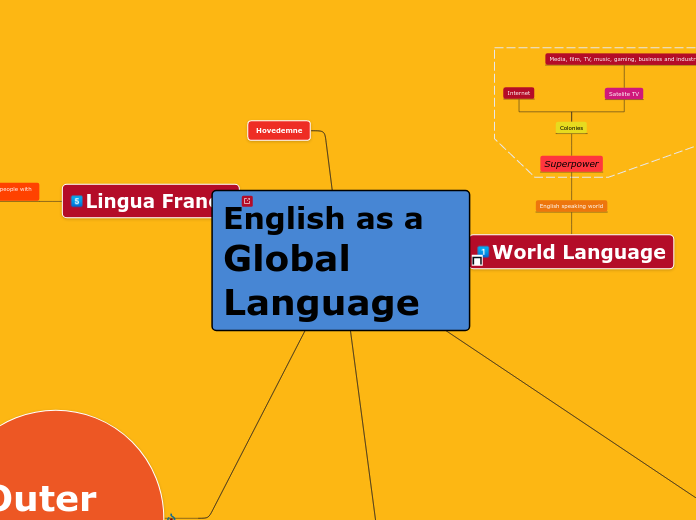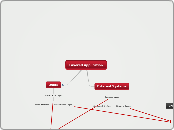Communication:
The action of conveying a message
from one entity to another.
Types
Indirect Communication
Routed
Direct Communication
Broadcast
Multicast
Unicast
Proccess
The receipient receives the message and decides what to do with it, such as processing and acknolodgement.
The signal is received by the reciever, which then proceeds to change it into the message.
The medium affects the signal.
The transmitter turns the message into a signal and puts it on the medium.
The sender crreates the message.
Services
Security
QoS
Session
Players:
The entities essential to communication.
Recipient:
The recipient is responsibe for taking the message from the receiver, and deciding what to do with it. This involves Acknowldgement and Processing.
Receiver:
The receiver is responsible for receiving the signal from the medium and translating it into a message.
Media:
The media is the physical path or substance the the message, expressed as a signal, travels through.
Electromagnetic
Wired Communication Systems
Fibre Optic
Copper
Sheilded Twisted Pair (STP)
CAT 6
Unsheilded Twisted Pair (UTP)
CAT 5e
CAT 5
CAT 3
Radio Communication Systems
Radar
FM
AM
UHF
WiFi:
IEEE 802.11a/b/g/n
Satellite
WiMax
Signal:
The signal is the message, represented by mesurable physical phenomena, on the media.
Message:
The message is the contents of the communications.
Consist of:
Information
Data
Numerical
Arguments
Commands
Control Statements
Conditional Control Stements
WHILE
WHEN
THEN
IF
Control Signals
NO / 0
YES / I
Satements
Conclusion
Qualitative / Descriptitive
Perscriptive
Premesis
Concepts
Ideas
Perfect Ideal
Experiential / Experience Based
Transmitter:
The transmitter is responsible for putting the message on the meduim, wich is then known as the signal.
Transmitting the signal
Turining the message into a signal
Sender:
The sender is responsible for creating the message, and expressing it in a language.
Actions performed:
Creating the message
From information









